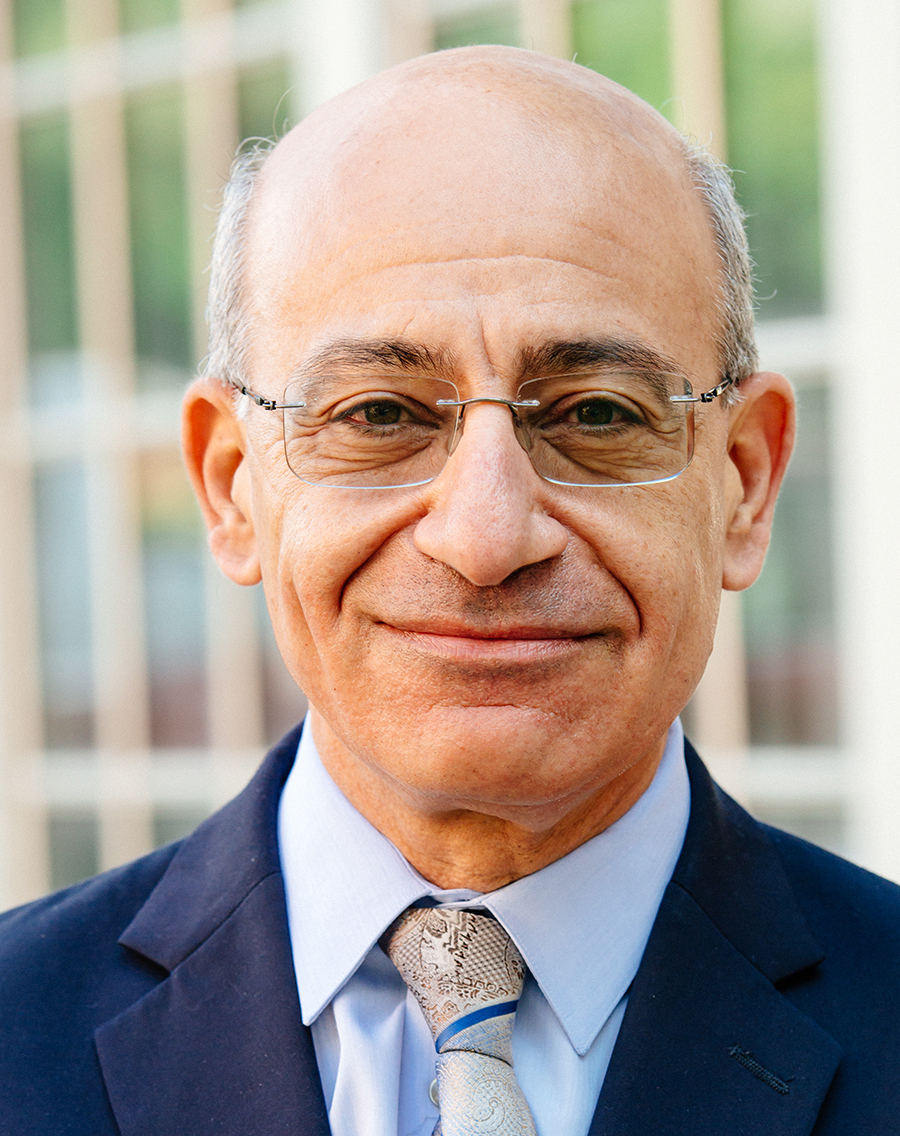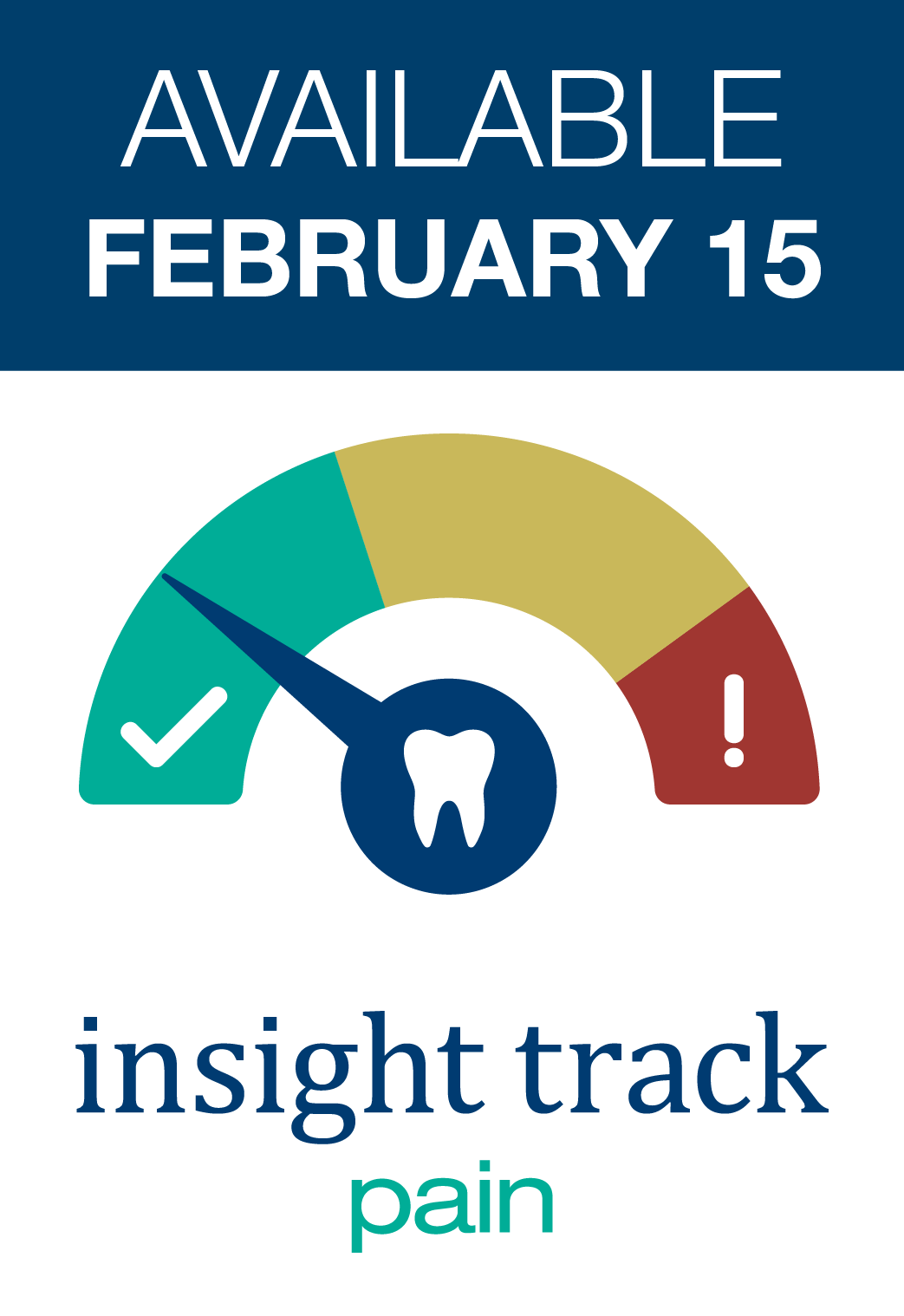
Microbiological Aspects of Traumatic Injuries
CE: 1.00
Description: Traumatic injuries are a major etiological factor of the devitalization of the dental pulp. The risk of pulp necrosis is less for immature teeth than mature teeth, presumably due to an increased vascular supply and potential for revascularization in immature teeth. Moreover, diagnosis of pulp necrosis following a traumatic injury is complicated by the fact that pulp sensibility testing in not reliable for up to three months. Therefore, the diagnosis may involve 2 prolonged monitoring of patients, and may rely on the development of apical periodontitis or infection-related resorption, which are signs of an established microbial biofilm. This microbial biofilm frequently develops in the absence of direct communication between the pulp space and the external surface. This presentation will examine the microbiology of traumatic injuries, focusing on the likely sources of pulp bacteria, the types of bacteria present, the most effective methods of treatment and the outcomes of these approaches.
At the conclusion, participants should be able to:
- Define generation Y and the characteristics of dental students in Gen Y.
- Discuss the challenges educators face within dental trauma education.
- Demonstrate the use of technological aids in the classroom to enhance dental trauma education.
Key:

Ashraf F. Fouad, D.D.S., M.S.
Dr. Fouad obtained his DDS, Certificate of Endodontics and MS at the University of Iowa.
He served on the faculty and in various administrative roles at University of Connecticut, the University of Maryland, and the University of North Carolina at Chapel Hill. He is currently Professor and Chair, Department of Endodontics, Director, Advanced Endodontics Program, and Interim Director, Health Information and Business Systems (HIBS) at the University of Alabama at Birmingham.
Dr. Fouad has published over 110 peer-reviewed manuscripts, 25 textbook chapters, and 145 abstracts. He edited and co-authored the textbooks: Endodontic Microbiology (now in its second edition), as well as the fifth and sixth editions of Endodontics: Principles and Practice. He is a Diplomate and Past President of the American Board of Endodontics, and an Associate Editor of the Journal of Endodontics, Dental Traumatology and Frontiers of Dental Medicine – Endodontics. He received the Distinguished Scientist Award from the Pulp Biology and Regeneration Group of the International Association of Dental Research in 2017, and the AAE President’s Award in 2022.
Speaker Disclosure
I declare that I have no proprietary, financial, or other personal interest of any nature or kind in any product, service, course, and/or company, or in any firm beneficially associated therewith, that will be discussed or considered during the proposed presentation
Ashraf F. Fouad, D.D.S., M.S.
I declare that I have no proprietary, financial, or other personal interest of any nature or kind in any product, service, course, and/or company, or in any firm beneficially associated therewith, that will be discussed or considered during the proposed presentation.


